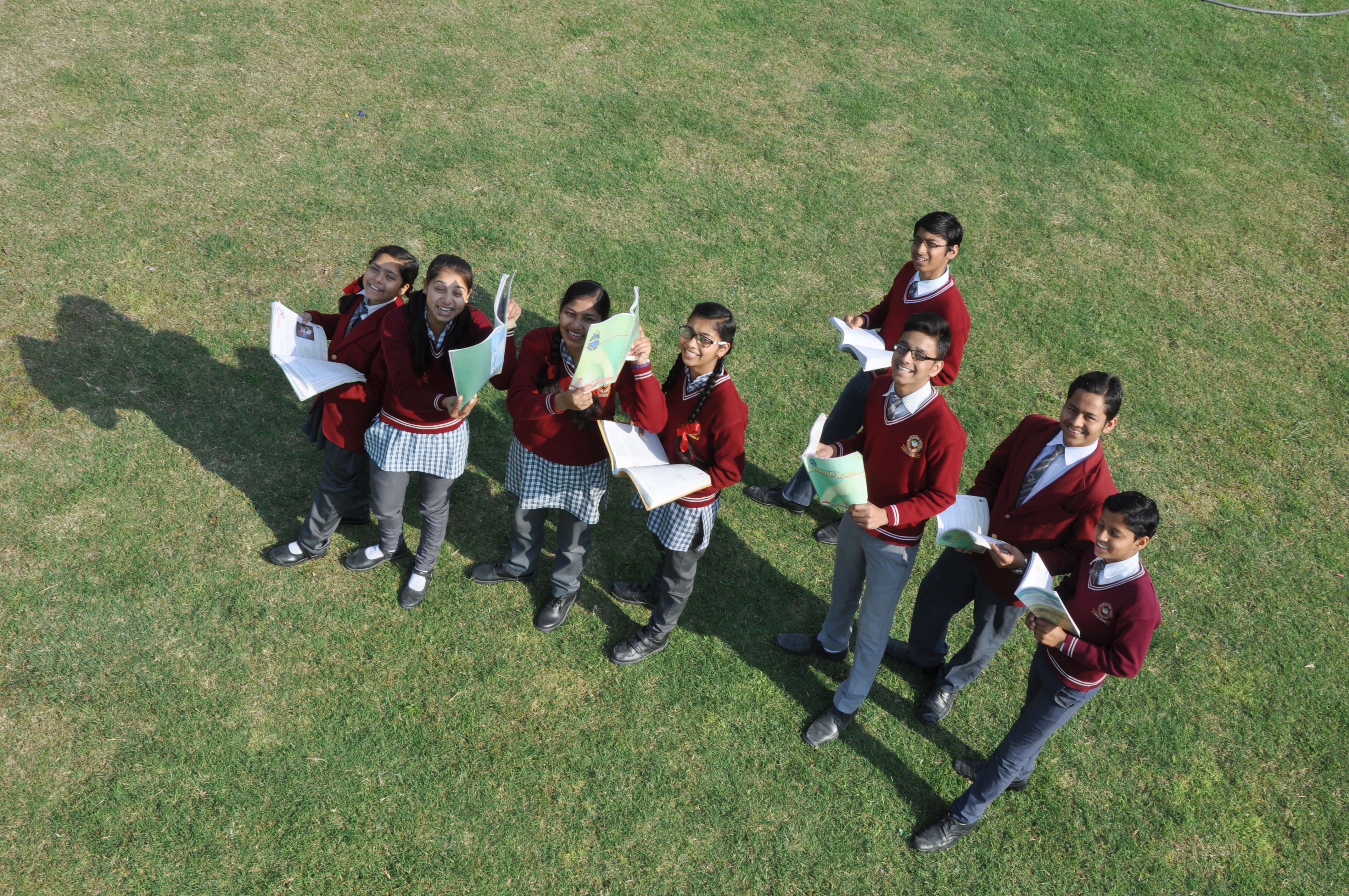Religious Education
Religious Education
Departmental Aims
“If one fails to understand the world’s religious beliefs and practices, then one fails to understand the world”
Religious Studies takes us into the world as people really live it. Only theology and religious studies can show us the world as people find it, exciting, provocative, and vital. Only these disciplines show us a world people live and die for, and the God and gods people worship in their lives and deaths.
Religious Studies has a multidisciplinary nature, involving textual study, philosophical thinking, ethics, social understanding and the skills of analysis and reasoning, developing core skills of literacy. We aim to encourage philosophical thought, decision making skills, collaboration and independent working skills in the search for compromise and conflict resolutions that work. We aim to create opportunities for young people to develop their skills of dialogue, interpretation and analysis in a coherent context as well as engendering critical thinking and rigour in the search for truths in uncertain fields. All these are vital skills in a modern workforce where communication, collaboration and cooperation are core skills.
Facilities
The Department has three full time teachers, all with a broad range of specialist knowledge in the subject.
Our three teaching rooms are well equipped with audio visual equipment in the form of interactive whiteboards and ceiling mounted projectors that enable us to incorporate interactive materials into lessons.
Years 7-9 Curriculum
- In Year 7 students are introduced to Philosophy
- Engaging and interactive investigation of different belief systems covering:
- Islam
- Christianity
- In Year 8 students also start to consider issues relating to Equality and Inequality and link it to Human and Civil rights, they also study Hinduism.
- In Year 9 students look at ‘conflict’ and ‘life after death with life and death issues’, a real chance to really engage critically with some of the great ethical controversies of our time.
- Each year group engages in a summer term project looking at religions that are rarely studied, Spirited Arts and Sacred Spaces.
Co-curricular, Enrichment, Extension and Support
- Weekly support sessions – these are non-compulsory sessions where students of any age can come along to get help with specific areas of the course.
- We do try to arrange visits to local places of worship in order for our pupils to engage and questions those of the faiths that are being studied.
GCSE Curriculum
The Eduqas GCSE in Religious Studies is comprised of three examined components. They incorporate a general study of philosophy and ethics as well as an in depth look at Christianity and Islam. Pupils at BMS will study:
Component 1: Religious, philosophical and ethical studies in the modern world
Theme 1: Issues of Relationships – Equality, relationships and sexual ethics.
Theme 2: Issues of Life and Death – Science, creation, life after death and life and death issues.
Theme 3: Issues of Good and Evil – Crime and punishment, suffering and forgiveness.
Theme 4: Issues of Good and Evil – Crime and punishment, suffering and forgiveness.
Component 2: A study of Christianity
Theme 1: Beliefs and teachings of Christianity – The nature of God and the foundations of faith.
Theme 2: Practices of Christianity – Worship, celebration and community
Component 3: A study of Islam
Theme 1: Beliefs and teachings of Christianity – The nature of God and the foundations of faith.
Theme 2: Practices of Christianity – Worship, celebration and community
The course is assessed entirely by external examinations. Component 1 is assessed through a 2 hour examination worth 50% of the qualification and components 2 and 3 are each assessed through a 1 hour examination, each of which is worth 25% of the qualification. Each theme above will be reflected in one question comprising four parts, with each part increasing in difficulty.
Co-curricular, Enrichment, Extension and Support
- Weekly support sessions – these are non-compulsory sessions where students of any age can come along to get help with specific areas of the course.
- Weekly support sessions – these are non-compulsory sessions where students of any age can come along to get help with specific areas of the course.







 CBSE Banking
CBSE Banking


